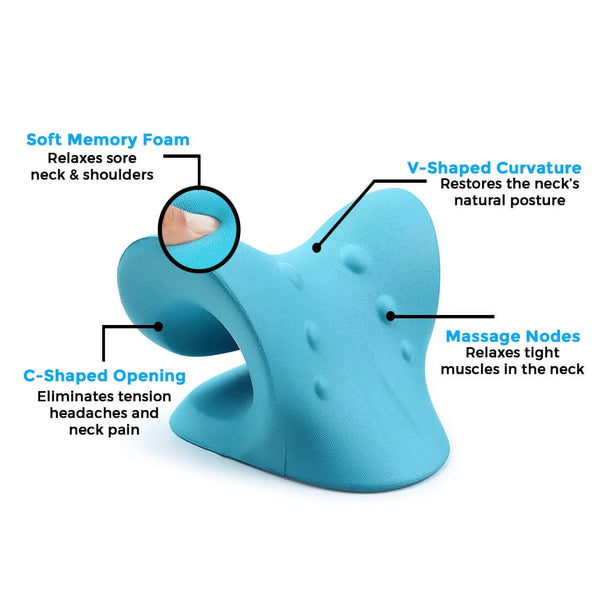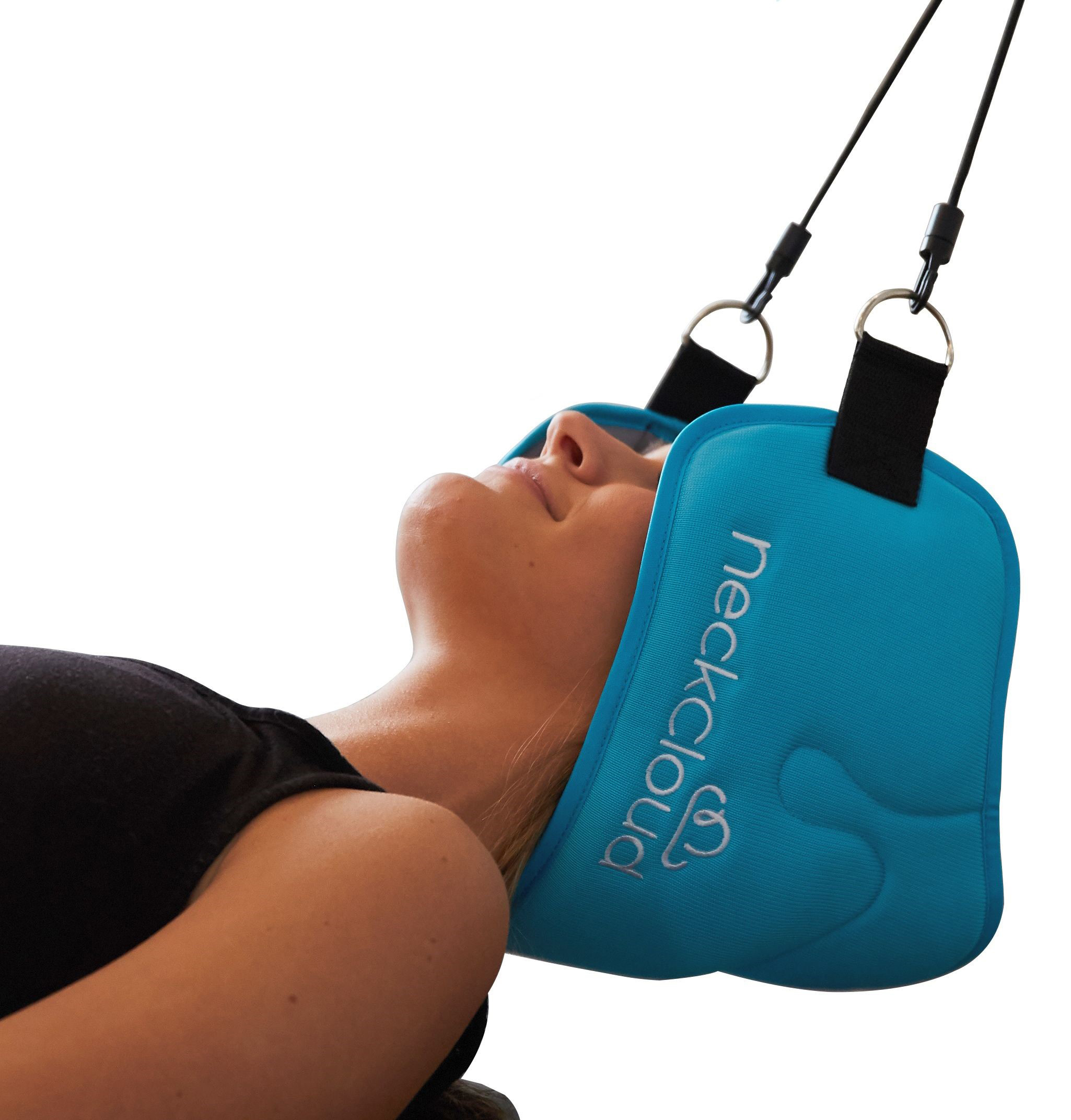Neck Cloud: Ergonomic Layout for Maximum Convenience and Pain Decrease
Neck Cloud: Ergonomic Layout for Maximum Convenience and Pain Decrease
Blog Article
The Influence of Stress on Neck Discomfort: Techniques for Minimizing Stress and Pain
In today's fast-paced globe, it's no trick that stress and anxiety has come to be a common element in the start and worsening of neck discomfort. Join us on a journey to decipher the influence of tension on neck discomfort and find effective ways to alleviate discomfort and boost overall quality of life.
Understanding Stress-Related Neck Discomfort
Stress-related neck discomfort can manifest as tension, stiffness, or discomfort in the neck and shoulder area. The link between anxiety and neck discomfort exists in the body's physical feedback to anxiety, which can result in muscular tissue tension and tightness in the neck muscle mass.

Identifying Common Stress Locations
One usual stress area is the neck, where anxiety usually materializes physically. Tension migraines, tight neck muscle mass, and limited variety of motion are typical symptoms of stress-related neck stress. Being conscious of these usual stress locations can assist individuals identify the physical signs of anxiety and take actions to address them before they intensify into persistent pain or pain.
Executing Leisure Methods
Relaxation strategies are important devices for lowering neck discomfort triggered by stress and anxiety. Additionally, tasks like yoga exercise and tai chi integrate both physical movement and relaxation, making them efficient methods for minimizing stress and neck discomfort. By integrating these relaxation techniques right into your everyday regimen, you can assist manage anxiety degrees, lower tension in the neck, and alleviate discomfort linked with stress-induced neck discomfort.
Including Self-Care Practices
Including self-care practices is important for maintaining overall well-being and handling stress-related neck discomfort properly. Participating in routine exercise, such as mild stretching workouts or yoga, can aid alleviate tension in the neck and shoulders. Exercising excellent position throughout the day and taking frequent breaks from prolonged resting or display time can likewise prevent stress on the neck muscular tissues.
In addition, focusing on appropriate rest and developing a regular rest regimen can add considerably to minimizing stress degrees and promoting relaxation. Producing a relaxing bedtime routine, such as reviewing a publication or taking a warm bath, can aid prepare the mind and body for relaxing rest. Furthermore, preserving a well balanced diet regimen abundant in nutrients and remaining moistened can support total health and reduce swelling that might worsen neck discomfort.
Including mindfulness practices, such as deep breathing workouts or reflection, can help take care of stress and anxiety and promote leisure. Taking some time for oneself, participating in other leisure activities, and establishing borders to secure individual time are additionally important elements of self-care that can add to lowering tension and relieving neck discomfort.
Looking For Expert Assistance
Just how can individuals effectively deal with persistent neck discomfort that is impacting their everyday life and health? Seeking professional assistance can be an important action in handling and alleviating neck pain.
Chiropractic specialists specialize in spinal control techniques to improve positioning and decrease stress in the neck area. Physical therapists supply targeted stretches and exercises to strengthen muscular tissues, improve flexibility, and improve overall neck function. Orthopedic experts can offer innovative medical interventions such as injections or surgical choices for severe situations of neck discomfort.
Final Thought

Stress-related neck pain can manifest as tension, stiffness, or pain in the neck and shoulder area. The link in between tension and neck discomfort lies in the body's physical response to tension, which can result in muscular tissue tension and rigidity in the neck muscle mass. Tension migraines, stiff neck muscle mass, and limited array of movement are usual symptoms of stress-related neck tension. By including these leisure strategies right into your daily regimen, you can aid manage stress levels, lower stress in the neck, and ease pain associated with stress-induced neck pain.

Report this page